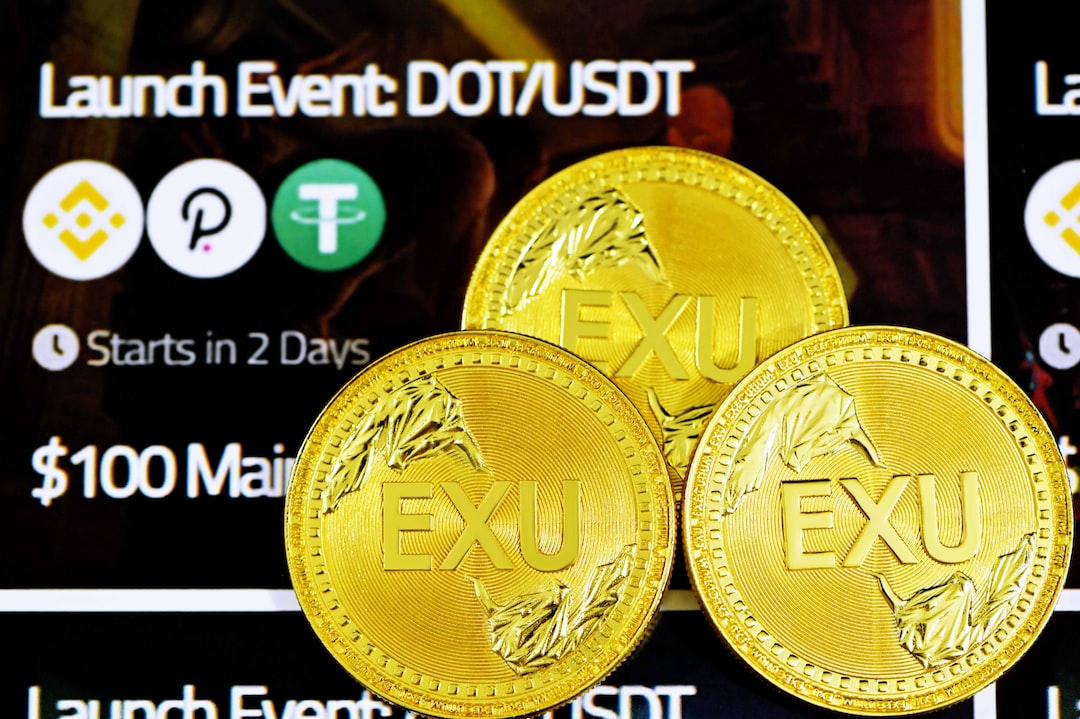Innovative AI Tools for Education
AI tools like ChatGPT are revolutionizing the education sector, offering unique opportunities for enhanced learning and teaching. Vanderbilt University has already implemented initiatives that demonstrate the utility of ChatGPT in computer science courses, where it assists with mathematical capabilities and critical thinking skills. This tool proves valuable in expressing ideas clearly and organizing thoughts, making it a valuable asset in higher education settings.
Addressing Ethical Concerns
While the integration of ChatGPT in education holds immense potential, it is crucial to balance its benefits with ethical considerations. Institutions have implemented strict policies to maintain academic integrity and prevent misuse of the tool, especially in areas like homework and essay writing. There is also a concern about reinforcing social biases and inequalities, emphasizing the need for educators to be cautious about its limitations as a knowledge source.
Strategic Adoption of AI
Educational institutions can benefit from adopting a strategic approach to AI integration. This involves establishing a clear vision for AI in education, conducting pilot programs to explore potential challenges, fostering an innovative culture, and considering accreditation and grading systems. It is essential to provide training for teachers and front-line users to enhance their AI competencies and ensure ethical implementation of tools like ChatGPT.
A Holistic Understanding of AI
The rise of AI in education requires a comprehensive understanding of its implications. It is necessary to examine research ethics, academic integrity, conflicts in research and publication, human resources management, and the future of human intelligence within the context of bio-digital technology.
Creating a Balanced Approach
The introduction of ChatGPT into education calls for a balanced approach that recognizes both its transformative potential and ethical challenges. By developing thoughtful responses to these challenges, educational institutions can create environments where AI tools enhance learning while upholding academic integrity and ethical standards. This ensures that the education system remains relevant and effective, preparing students for the modern world while promoting responsible and ethical use of technology.
Hot Take: The Future of Education in a Digital World
As AI becomes increasingly integrated into education, it offers both opportunities and challenges. The key lies in leveraging its potential to augment traditional teaching methods and support learning while addressing ethical considerations. Striking this delicate balance will shape the future of education in an ever-evolving digital world.





 By
By
 By
By
 By
By
 By
By
 By
By
 By
By